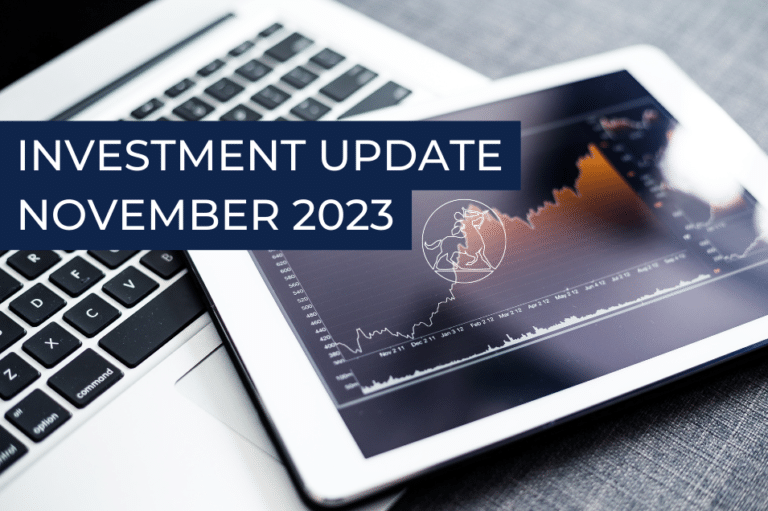On Friday American regulators closed Silicon Valley Bank (SVB) and sent it into receivership. You may never of heard of SVB before and for good reason, it was a small bank that dealt mostly with Silicon Valley, Venture Capital, and Tech Start Ups.
This is the second biggest banking collapse in US history as there was around $175 billion in deposits. 93% of the deposits there were more than $250,000, so we are not talking about your normal Mum and Dad deposit holders. It really was the big end of town. Due to the run on withdrawals that we will discuss below, regulators were forced to close it due to inadequate liquidity and insolvency.
HOW’D IT HAPPEN? HOW’D SVB FAIL?
When the inflation genie was finally out of the bottle last year the federal reserve started increasing interest rates dramatically. As short term interest rates rose, bond yields rose, and consequently underlying bond values decreased, sharply. You may remember we wrote to you last year around the historic abnormality of both the U.S. share market and bond market being down in excess of 10% at the same time last year. This was due to inflation surprising the Federal Reserve, and then the Federal Reserve having to surprise us all, with some of the steepest interest rate increases we’ve ever seen.
The chart below shows you the extraordinary steepness of the interest rate rises that occurred in America last year

Figuring that inflation was not an issue and that interest rates would not rise dramatically, SVB sought to gain some extract returns for shareholders by investing $16 billion in United States Treasuries (UST), earning 1.66% interest, and $75 billion in to Mortgage Backed Securities (MBS), earning 1.56% interest.
As interest rates went up last year, SVB needed to pay more to the deposit holders, and could not keep up with what was being offered elsewhere, namely U.S. Treasury Bills, offering a yield of 5%. Therefore, SVB were getting less interest coming in than what they needed to pay out, and if they had to sell the assets to give the money back to deposit holders, they would have to sell these UST and MBS at a loss.
Last week a note from Silicon Valley legend Peter Thiel, to his Founders Club about ongoing liquidity concerns with SVB, saw deposit holders taking their money out of the bank. SVB had to sell $21 billion worth of its investment securities early last week, realising a loss of $1.8 billion. Things got worse, and by Thursday SVBs clients tried to get $42 billion, around 25% of total deposits, and the bank went into receivership. This all happened really fast.
RISK / REWARD
SVB tried to get an additional gain of 0.4 percentage points of yield to increase profits, and took enormous risks – was the risk reward worth it? Absolutely not. SVB had too much exposure to USTs and MBS, America’s largest banks do not have as high a percentage of their assets invested in these assets relative to their total assets.
IS THERE GOING TO BE A REAL CONTAGION EFFECT OR A MEDIA INDUCED CONTAGION EFFECT?
There will be spill over for sure.
It is said that the Federal Reserves hikes interest rates until something brakes. Well this was a pretty solid break. It may mean that interest rates do not go up as high as expected now, which would be a welcomed sign. It may mean we need to allocate money to some more defensive strategies. We are reviewing all of this at the moment.
CONTROL THE CONTROLLABLES
We just crossed over the 3 year anniversary of when COVID started and I really thought things were meant to get back to normal. It certainly doesn’t feel that way and there are still lots of issues to sort out. But in my 19 years in the industry there have always been lots of issues to sort out and the old adage ‘time in the market’ beats ‘timing the market’ every time.
We need to ride the waves of volatility, and be smart where we are allocating your capital through these challenging times. We will still avoid investing in unlisted assets as we think this is one of the places where contagion could spill. If you want to discuss this please get in touch with your adviser.





































































